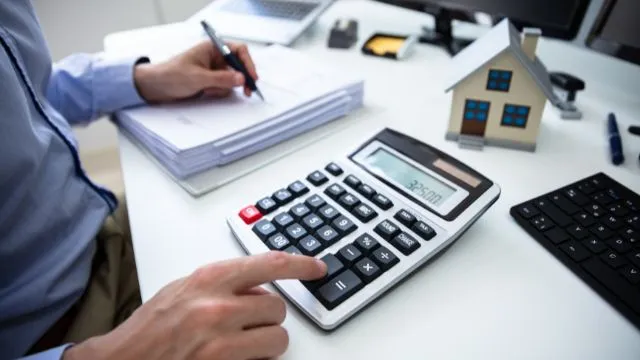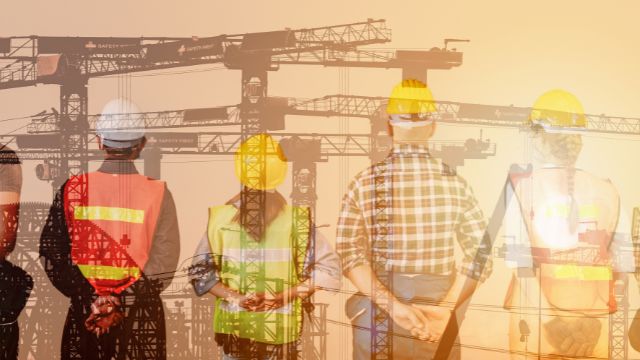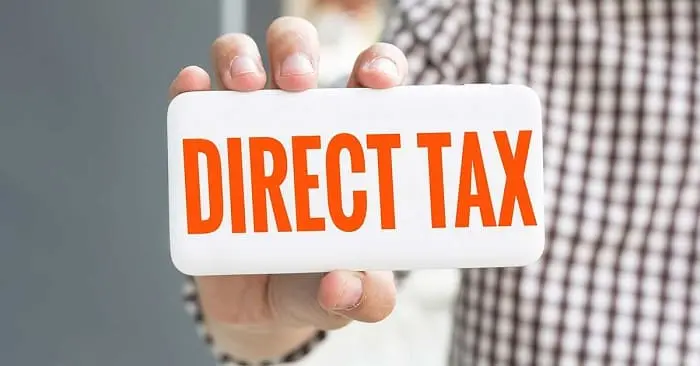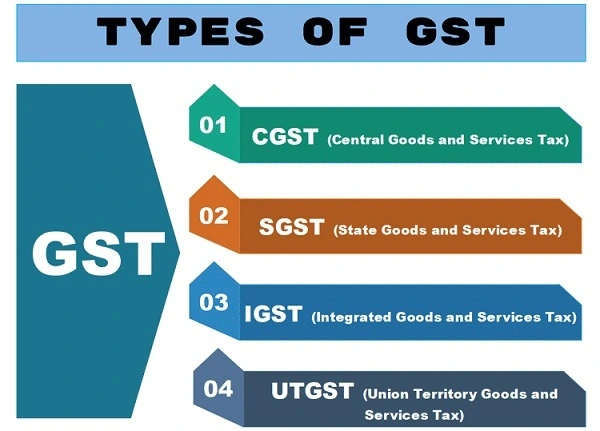You may have clicked on today’s post because you may be deciding to buy a property, or just bought one, but didn’t fully understand the concept of property tax. Right? Well, we can all agree on one thing: all taxes aren’t evil, at least not property taxes. Property tax is a form of tax that is imposed on real estate properties by the government of your nation. And this is the case in most of the world nowadays. The tax amount is typically based on the value of the property, which is assessed periodically by a government agency.
A major part of the tax collection is then used to offer various facilities to the general public. However, we agree that it is not all butterflies and rainbows, there are certainly some cons or disadvantages to property taxes as well. And in today’s post, that is exactly what we are going to find out. So if you really want to know what are the advantages and disadvantages of paying property taxes, then stick to this post till the end. You’ll find that out soon.
Let’s get going now.
Advantages Of Property Tax
As much as we all love the idea of not having to pay taxes, property tax actually has its benefits. Here are some of the advantages of property tax:
1. Revenue Generation For The Government
We all know the government needs money to keep things running, and in the majority of the nations, property tax makes up a significant part of the overall income of the government. It’s an important source of revenue for local governments, and it’s used to fund public services and infrastructure, to ensure that everything is running smoothly without any issues. And it is quite safe to say that unlike the stock market or other types of investments, property tax provides a stable source of income for local governments. However, it could happen that if one country’s economic activities are slowing down, the local government may decide to lower property taxes in the hope to put less stress on the property owners.
2. Public Service And Infrastructure Benefits
Just take a walk in your area and observe the basic facilities provided by the local government. The roads you see, hospitals, libraries, public parks, waterlines, sewage systems, and whatnot. All of that is built to provide the basic and necessary facilities to the general public. All in all, a major part of the property tax collection is actually spent on improving and maintaining the infrastructure by the government. For example, the government may decide to start construction for a public library in your city, so that everyone can have access to books and other educational resources for the local community. And the same goes for building hospitals, parks, new roads, and other projects.
3. Building A Better Community
Property tax can be used to encourage proper land use by imposing higher tax rates on properties that are not being used to their full potential. This can help to prevent urban sprawl and promote sustainable development. Imagine, a city can impose higher property tax rates on vacant lots in the downtown area. This can encourage property owners to develop these lots and make better use of the valuable urban space, leading to a more vibrant and thriving community.
After taking a look at the advantages of property taxes, it may appear to you that it’s not a type of evil tax that is forcefully imposed on property owners. Right?
- Also Read: Home Loan Pros and Cons
Disadvantages Of Property Tax
Sure, property tax helps fund stuff like schools and parks, but let’s be real, it’s not all sunshine and rainbows. In fact, there are a few things about property tax that can make you want to pull your hair out.
- For starters, the value of your property can fluctuate like crazy, which means your tax bill can skyrocket out of nowhere. One day you’re thinking you’ve got some extra cash to splurge, and the next day you’re staring at a bill that’s way higher than you ever expected. It’s like a cruel joke.
- If you’re a low-income homeowner, property tax can be even worse. The tax rate may be the same for everyone, but it hits those with less cash way harder. You’re already trying to make ends meet, and then you’re hit with a bill that seems impossible to pay. It’s like being stuck between a rock and a hard place, and it’s not fun at all.
- And don’t even get us started on the assessment process. It’s like trying to decipher some ancient hieroglyphics that nobody can understand. You’re left scratching your head, wondering how in the world they came up with your property value. It’s like they’re playing a game of hide and seek with your tax bill, and you’re always the one seeking.
- To make matters worse, when the economy tanks, property tax gets even worse. Your property value may have gone down the drain, but your tax bill stays the same. It’s like the government is rubbing salt in the wound, and it’s not cool at all.
All in all, the property tax may be necessary, but it’s not exactly our favorite thing in the world. When that tax bill comes in the mail, it can make you want to pull your hair out. Well, now you may have started to think that it’s another evil tax, but we warned you that it’s not always butterflies and rainbows. Didn’t we?
Conclusion
All in all, on one hand, property taxes help fund public services and infrastructure while providing a steady source of income for local governments. On the other hand, it can be a pain in the butt for low-income homeowners and can surely be a burden during tough times. In our opinion, we all are on the same page when it comes to the evaluation of a property because governments must make sure that they’re being fair and honest when they assess the value of a property. They also need to take into account the impact on low-income homeowners and do what they can to ease the burden.
Property Tax FAQs
Q. What is property tax?
Ans: Property tax is a tax levied by the local municipal authorities on real estate properties owned by individuals, companies, or other entities. It is an annual tax based on the value of the property.
Q. Who is responsible for collecting property tax in India?
Ans: Property tax collection is the responsibility of local municipal corporations or councils in India. Each state or city may have its own rules and regulations regarding property tax collection.
Q. How is property tax calculated in India?
Ans: Property tax is calculated based on the Annual Rental Value (ARV) or the Capital Value (CV) of the property. The ARV is determined by the municipal corporation, and the tax rate is applied to it. The CV is the market value of the property, and the tax rate is applied to a percentage of the CV.
Q. What factors determine the property tax amount?
Ans: The property tax amount is influenced by factors such as the location, size of the property, type of property (residential, commercial, industrial, etc.), usage (self-occupied or rented out), age of the property, and amenities provided in the area.
Q. When is property tax usually due?
Ans: Property tax is typically due annually, and the specific due date varies depending on the local municipal authority’s schedule. Some municipalities offer early payment incentives or penalties for late payment.
Q. Can property tax be paid in installments?
Ans: Yes, some municipalities allow property tax payments to be made in installments. However, the number of installments and any associated fees or interest may vary between regions.
Q. Is property tax applicable only to land or also to buildings?
Ans: Property tax is applicable to both land and buildings. The tax is levied on the total value of the property, which includes the value of the land and any structures built on it.
Q. Can property tax be paid online?
Ans: Yes, many municipalities have introduced online payment options to make it easier for property owners to pay their taxes. Online payment methods may include internet banking, credit/debit cards, mobile apps, or other digital payment platforms.
Q. Are there any exemptions or rebates available on property tax?
Ans: Yes, certain categories of property owners may be eligible for exemptions or rebates on property tax. For instance, senior citizens, disabled individuals, and certain types of charitable institutions may be eligible for such benefits. The specific rules vary from one municipality to another.
Q. What happens if property tax is not paid on time?
Ans: Failure to pay property tax on time may result in penalties or fines. In some cases, the municipal authorities may also initiate legal action, including issuing notices or attaching the property for recovery of taxes.















